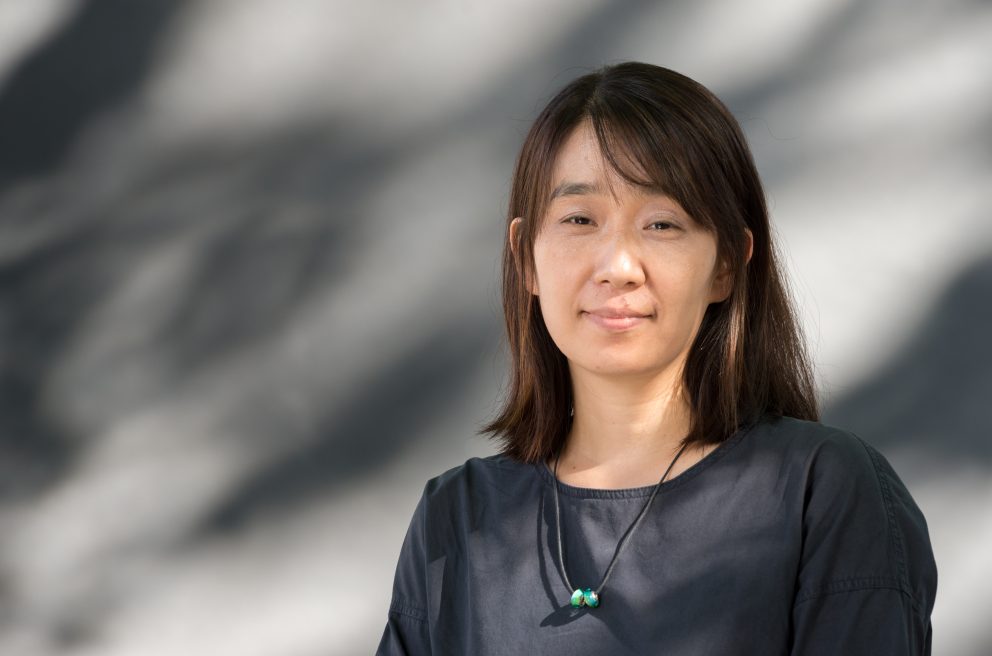South Korean author Han Kang won the 2024 Nobel Prize in Literature for “her intense poetic prose that confronts historical traumas and exposes the fragility of human life”. The prize is awarded by the Swedish Academy and is worth 11 million Swedish crowns ($1.1 million). “She has a unique awareness of the connections between body and soul, the living and the dead, and in her poetic and experimental style has become an innovator in contemporary prose,” Anders Olsson, chairman of the academy’s Nobel Committee, said in a statement.
Han Kang, the first South Korean to win the literature prize, began her career in 1993 with the publication of a number of poems in the magazine Literature and Society, while her prose debut came in 1995 with the short story collection “Love of Yeosu”. Her major international breakthrough came with the novel “The Vegetarian”.


